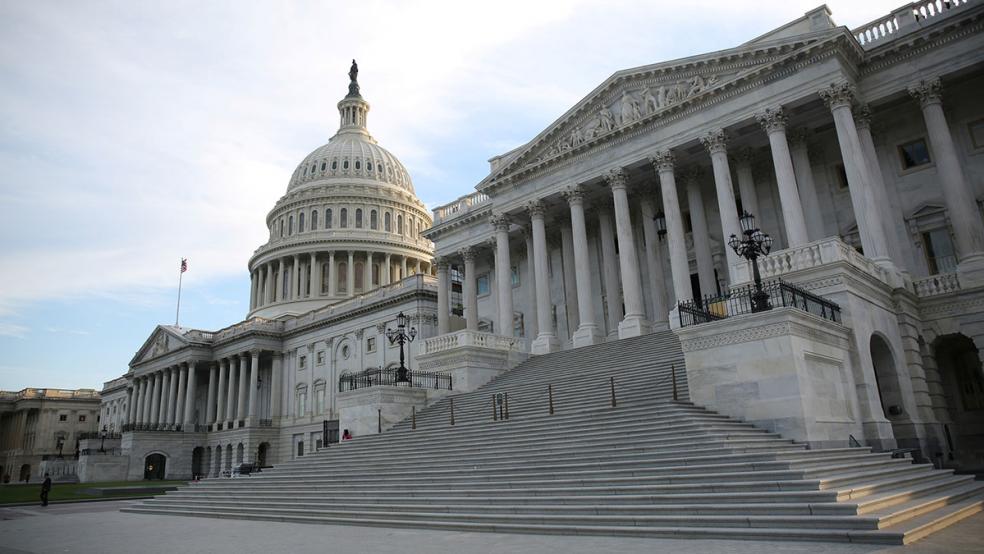The Tax Cuts and Jobs Act of 2017 – President Trump’s main legislative accomplishment and pride of the Republican-controlled 115th U.S. Congress – could make the current economic slowdown worse, says Politico’s Brian Faler.
As part of the effort to cover the cost of the legislation, which will add roughly $2 trillion to the deficit over 10 years, lawmakers reduced the ability of struggling businesses to get quick cash refunds from the IRS by refiling previous tax returns to reflect current losses. The elimination of so-called carrybacks, estimated to save about $200 billion, means that many businesses that might have turned to the IRS to boost their liquidity in the midst of a recession are unable to do so.
“It is a big problem,” Alan Viard of the conservative American Enterprise Institute told Faler. “It’s a bad feature of the TCJA. All of a sudden, it’s become more salient and important.”
John Buckley, a former head of the Joint Committee on Taxation, said that things looked different three years ago: “It was enacted when things were flush, and there was little prospect of recession, but these things have perverse effects when there’s a downturn.” Buckley also said that the eliminated tax rule would come in handy today: “Liquidity is going to be a big deal for a lot of these companies. If the goal is to give liquidity to troubled companies, the quickest and easiest thing to do is give a carryback.”
Some groups, including the U.S. Chamber of Commerce, are pushing to bring the provision back, but it won’t be as easy to reintroduce as it was to eliminate. A new carryback rule would likely be seen as a corporate tax cut and as a major revision to the 2017 tax law, which could be problematic for both parties in Congress.




